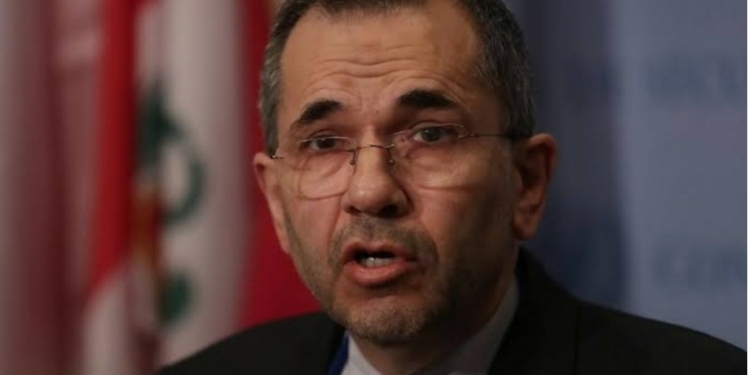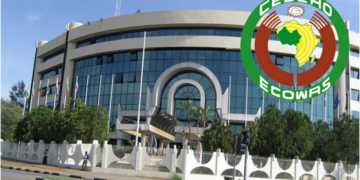Iran’s ambassador to the UN dismissed as “unbelievable” what he said was President Donald Trump’s call for cooperation given Washington was imposing sanctions on Tehran, media reported on Thursday.
Majid Ravanchi, this appeared to be Iran’s first official reaction to Trump’s address after an Iranian missile attack on Iraqi bases housing U.S. troops, Iran’s state news agency IRNA reported.
Ravanchi was quoted as saying Washington had “initiated a new series of escalation and animosity with Iran” by killing an Iranian general on Jan. 3.
Similarly, the 2015 international deal to restrict Iran’s nuclear programmes “remains crucial for global security,” said a top EU official on Thursday, highlighting the EU’s opposing stance on a policy U.S. President Trump has called “very defective.”
The “EU has its own interests and its vision and will enforce its role on an international level,” tweeted European Council President Charles Michel after a phone call with Iranian President Hassan Rowhani.
Trump has long opposed the 2015 nuclear deal that lifted sanctions on Iran in exchange for limits on Tehran’s uranium production, meant to prevent the country from obtaining a nuclear weapon.
The U.S. has withdrawn from the deal and begun reimposing sanctions.
That, and further increases in tensions between the two, prompted Iran to announce its withdrawal last month.
The EU – one of the main architects of the original deal – has struggled to try to save it, arguing that it is necessary for global peace.
However, attempts to allow Iran to trade without prompting U.S. sanctions on non-Iranian trading partners have proved challenging.
“The (Joint Comprehensive Plan of Action) agreement was an important achievement after 10 years of intense international negotiations and remains an important tool for regional stability,” read a European Council statement.
“The European Council president called upon the Iranian president to avoid posing irreversible acts.”
On Wednesday, Trump urged the other signatories to the deal – Britain, China, France, Germany, and Russia – to seek a new agreement.
He indicated tensions with Iran were dying down after a week that saw missile attacks by both sides, including one that killed a top Iranian general.
In another development, Japanese Prime Minister Shinzo Abe is proceeding as planned with a trip to Saudi Arabia, the United Arab Emirates, and Oman from the weekend, public broadcaster NHK said on Thursday.
This week, Japan said it would stick to plans to deploy its Self-Defence Forces to the Middle East to ensure the safety of its ships, in spite of heightened tension after the U.S. killing of an Iranian military commander,
Although the media reported that Abe’s trip had been called off.






Discussion about this post